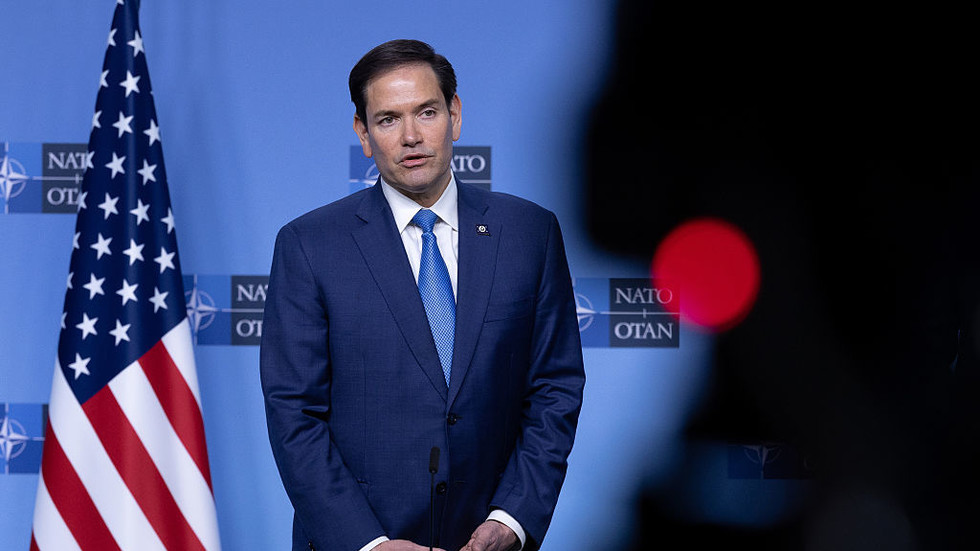
Alexey Navalny died in prison last year. (Image: GETTY)
One year after his death in an Arctic prison, Alexei Navalny continues to be considered in the West a pivotal figure in the Opposition to Vladimir Putin.
However, his name is no longer uttered in many parts of Russia, where the Kremlin has managed to silence all its most vocal critics.
Yet the late politician's legacy is far from lost, with an expert believing Mr Navalny's fight will be key to rebuilding the country after Putin's regime ends.
Michael Clarke, a Visiting Professor in the Department of War Studies at King's College London, described Mr Navalny as a powerful symbol of resistance when he was alive. But his death has managed to "suppress the prospect of internal Opposition" and has "taken that symbol away".
He told the Express: "Putin succeeded in making it almost impossible for anyone else to perform the same role [as Mr Navalny]." No one else, he added, "can assume that role without being arrested and then probably killed".
While an internal Opposition to Putin's power still exists, it has been forced underground by the death of Mr Navalny, Professor Clarke said, in a huge victory for the despot, who now has "everything his own way".
Indeed, some Russians feel Mr Navalny's legacy is already dimming.
A woman living in southern Russia, thousands of miles from Moscow, who spoke to the Express on condition of anonymity, said: "The name Alexei Navalny in Russia is like the name Voldemort in Harry Potter, which cannot be said out loud—no matter how funny or sad that sounds.
"In our region, there is absolutely no mention of him, especially on the news channels; there is silence when it comes to him. Even on the day of his death, there was not much information on TV about it.
"I am sure that the people who followed him keep his memory alive as a man who tried to fight for freedom of speech in Russia."
Speaking about Mr Navalny's decision to return to Russia after he was treated for poisoning in Germany, she added: "And of course, the deed he did in coming back to Russia is very significant. But the people who spoke ill of him will continue to do so."
Yet Professor Clarke believes Putin's regime is not unsinkable, and the struggling Russian economy, marked by high inflation and a spiralling cost of living, may eventually bring it down.
Meanwhile, the underground Russian Opposition needs to "get through the next few years until the Putin regime begins to fray", the expert added. "This is not the time when they could mount any significant parliamentary challenge to him," he continued. "They're not able to campaign openly."
The expert said that when the time comes, though, Mr Navalny's memory and legacy will be pivotal for the opposition and politics in Russia.
Invalid email
We use your sign-up to provide content in ways you've consented to and to improve our understanding of you. This may include adverts from us and 3rd parties based on our understanding. You can unsubscribe at any time. Read our Privacy Policy

Alexei Navalny was seen as Vladimir Putin's main political opponent (Image: GETTY)
Professor Clarke likened Mr Navalny's legacy to that of Russian lawyer and tax auditor Sergei Magnitsky, who was arrested and died in prison aged 37 in the late 2010s after exposing large-scale tax fraud in his country.
He explained: "I think the legacy of Navalny is that, like Magnitsky, he was a very courageous man who believed in Russia. He was a Russian patriot, in the best way, he believed in a free and democratic Russia. And I think he will go down in history as a courageous patriot.
"And although his influence is suppressed for the moment, I think his legacy will be that he will be remembered in time. When some sort of new Russia arises after Putin, then I think Navalny's name will be very important to the ideals of a new Russia."
Mr Navalny, seen for years as Putin's main political opponent, died in an Arctic prison on February 16 last year, aged 47.
His death, nearly four years after he was poisoned with Novichok, was pinned by Mr Navalny's supporters to the Kremlin.
Moscow denied any state involvement, and the Russian Investigative Committee that looked into the cause of the politician's death concluded it was “not criminal in nature” and was due to “combined illnesses”.

 1 month ago
12
1 month ago
12










 English (US) ·
English (US) ·